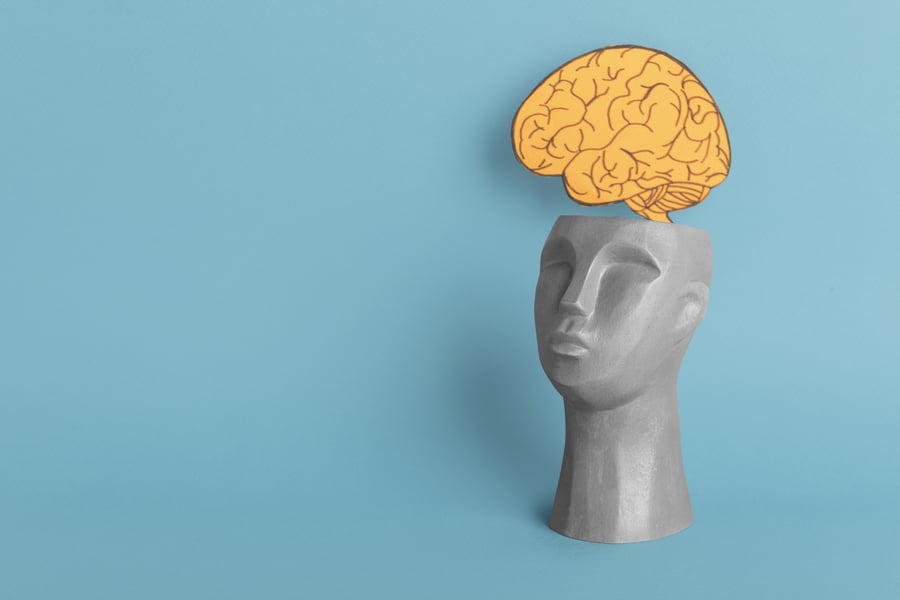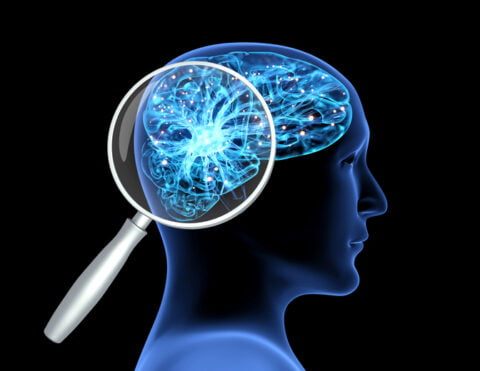Mild Cognitive Impairment (MCI) marks a concerning yet manageable stage in cognitive decline, serving as an intermediary phase that might lead to more severe conditions like dementia. If you or someone you care about is experiencing changes in cognitive function, understanding MCI’s nuances is crucial. This article will provide comprehensive insights into MCI, detailing its symptoms, progression, treatment options, and much more, aiming to support individuals and caregivers navigating these challenges.
Defining Mild Cognitive Impairment (MCI)
Mild Cognitive Impairment is a medical condition characterised by noticeable declines in cognitive abilities, including memory and thinking skills, which however do not interfere significantly with daily activities. It is most commonly identified in individuals over the age of 60 but is not exclusive to any age group and can occasionally affect younger adults.
Exploring Cognitive Impairment: The Four Levels
Cognitive impairment can be categorized into four levels:
- No Impairment: Normal function where occasional forgetfulness is attributed to factors like stress.
- Mild Impairment (MCI): Noticeable lapses in memory and cognitive function without affecting daily life significantly.
- Moderate Cognitive Impairment: Interferes with daily tasks and might require assistance.
- Severe Cognitive Impairment: Full-time assistance required for daily activities and safety.
Assessing Cognitive Function: The Cognitive Impairment Test
Cognitive tests, such as the Mini-Mental State Examination (MMSE) or the Montreal Cognitive Assessment (MoCA), are used to diagnose MCI. These tests assess memory, language skills, reasoning ability, and visual-spatial coordination, providing a quantifiable measure of cognitive decline and brain health. You can also benefit from finding out your cognitive age and how it compares to your actual age.
Recognizing Signs: Signs of Mild Cognitive Impairment
Early signs of MCI include:
- Frequently losing personal belongings
- Struggling to recall recent events or conversations
- Difficulty following plots in books or movies
- Noticeable decline in decision-making ability
Age and Onset: When Can You Get MCI?
While MCI is most prevalent in individuals over 60, it can occur earlier, especially in the presence of other risk factors such as genetic predisposition, cardiovascular issues, or traumatic brain injury.
Progression Rate: How Quickly Does MCI Progress?
The progression of MCI varies; approximately 10-15% of individuals with MCI progress to dementia annually. The rate can be influenced by health, lifestyle, and treatment interventions.
Duration of MCI: How Long Does It Last?
MCI is a variable condition. Some individuals may experience stable symptoms without progression, while others might see a gradual decline. Regular assessments are crucial to monitor its progression.
Progression Through Stages: The 4 Stages of MCI
- Initial Concern: Memory lapses noted by the individual or their close contacts.
- Mild Decline: Difficulty with complex tasks and slight confusion in unfamiliar situations.
- Moderate Decline: Greater memory loss, including significant events.
- Advanced Decline: Loss of ability to interact socially or manage independently.
Severity of MCI: Is It Serious?
MCI should be taken seriously as it can impact quality of life and is a known risk factor for dementia. However, with appropriate strategies, individuals with MCI can manage symptoms and maintain a good quality of life.
Coping Strategies: Dealing with MCI
Effective management strategies include:
- Engaging in regular physical exercise and mental stimulation
- Establishing routine check-ups
- Medication management as prescribed by healthcare providers
- Social engagement to boost mood and cognitive function
Living a Normal Life with MCI: Is it Possible?
Many individuals with MCI continue to lead active, fulfilling lives by adapting their lifestyles and employing strategies to compensate for memory lapses and cognitive difficulties.
Treatment Options: Can MCI Be Cured?
There is no cure for MCI currently; however, treatment focuses on slowing progression and alleviating symptoms. Treatments include pharmacological options, cognitive therapies, and lifestyle modifications.
The Best Treatment for Cognitive Impairment
Combining pharmacological treatments with lifestyle modifications offers the best approach to managing cognitive impairment. This includes maintaining a healthy diet, regular physical activity, and cognitive exercises.
Recovery Possibilities: Can Someone Recover from MCI?
While MCI is not always reversible, some individuals may experience stability or slight improvements in their cognitive function, especially with early and appropriate interventions.
Innovations in Treatment: New Approaches to MCI
Emerging treatments such as cognitive rehabilitation, personalised medicine, and new pharmacological approaches are being researched to improve outcomes for individuals with MCI.
Beyond MCI: What Comes Next?
For some, MCI may progress to dementia, highlighting the importance of ongoing monitoring and adjustment of treatment strategies to slow potential decline.
Stress and MCI: Can Stress Cause It?
Stress can exacerbate symptoms of cognitive impairment and impact overall cognitive health, making stress management a critical component of treatment for MCI.
Medical Care: Who Treats Cognitive Impairment?
Neuropsychologists, neurologists, and geriatric specialists are key professionals in diagnosing and managing cognitive impairment.
Types of Cognitive Impairment
Beyond MCI, cognitive impairments can include vascular impairment, Alzheimer’s disease-related impairment, and impairment due to other neurological conditions.
By understanding Mild Cognitive Impairment and employing effective management strategies, individuals can navigate this challenging condition with confidence. Regular medical evaluations, a supportive network, and an active lifestyle are essential in managing MCI’s impact on life.
Frequently Asked Questions
What are the risk factors for developing Mild Cognitive Impairment (MCI)?
Age, genetic factors, cardiovascular health, and lifestyle choices are significant risk factors.
Are there any lifestyle changes that can help prevent MCI?
Yes, regular physical exercise, a healthy diet, mental stimulation, and social engagement can mitigate the risk.
Can medications worsen cognitive impairment symptoms?
Some medications can exacerbate cognitive symptoms; it’s essential to discuss all medications with your healthcare provider.
What are the early warning signs of MCI?
Forgetfulness, difficulty with complex tasks, and subtle changes in cognitive function are early signs.
Are there any supplements or vitamins that can improve cognitive function in MCI?
While some supplements are suggested, it is best to consult with a healthcare provider for recommendations tailored to individual health needs.
Can MCI be reversed or slowed down?
MCI can sometimes be stabilized or slowed through comprehensive lifestyle changes and medical management.
How does social interaction affect MCI progression?
Social engagement has been shown to help maintain cognitive functions and slow the progression of MCI.
Can certain medical conditions contribute to the development of MCI?
Yes, conditions like diabetes, hypertension, and depression can increase the risk of MCI.
What cognitive exercises or activities can help improve cognitive function in MCI?Activities that challenge the brain, such as puzzles, reading, and learning new skills, are beneficial.
Are there any warning signs that MCI is progressing to a more severe condition?
Increased confusion, disorientation in familiar settings, and greater memory loss may indicate progression. With proactive management and support, navigating the complexities of Mild Cognitive Impairment can be less daunting, enabling individuals to maintain an active and engaged lifestyle.




